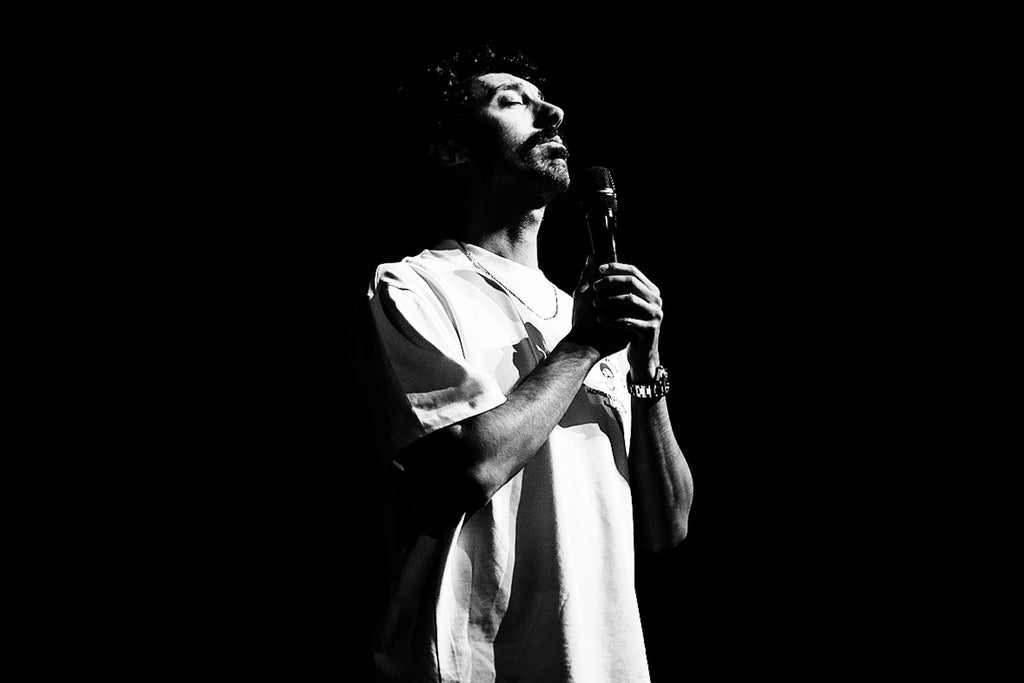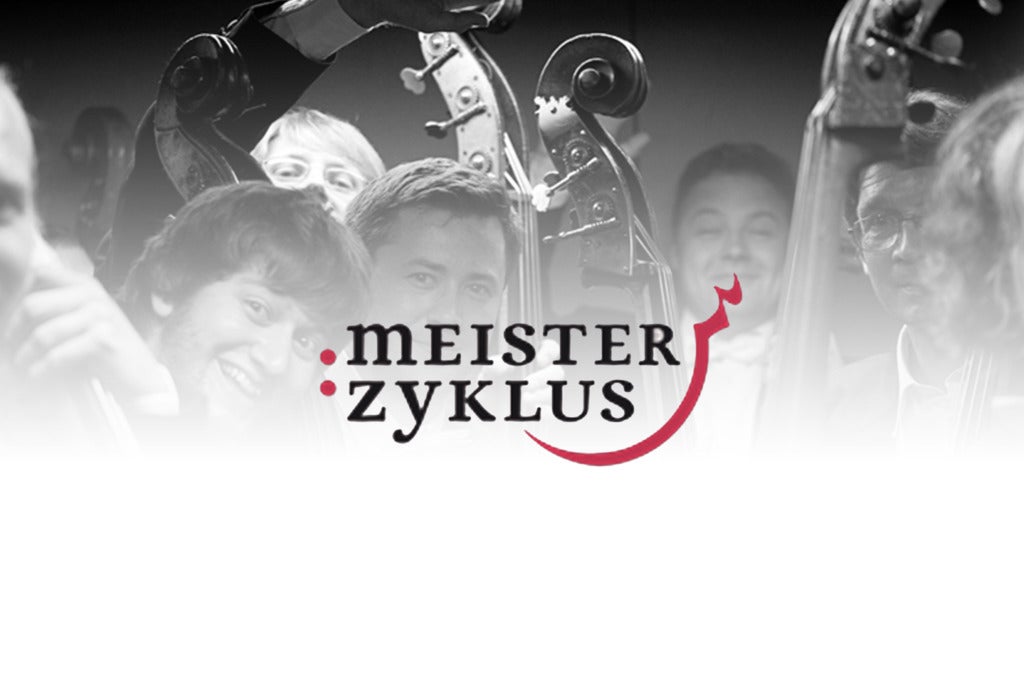«Ein Paradies am Meeresstrand» and «Will dir die Welt zu Füssen legen» are just two of the unforgettable numbers Paul Abraham composed for the operetta revue «The Flower of Hawaii». He and his librettists were inspired to set most of the plot in an inaccessible imaginary location by the fate of the last queen of Hawaii, who was deposed by the Americans and immortalized in musical history as the composer of «Aloha ‘Oe».
Hawaiian Nationalists who are planning to liberate the country from the American occupying forces bring Princess Laya back incognito from exile in Paris to marry Prince Lilo Taro. However, the American Governor would also like to marry him off to his own niece. This sets in motion a champagne-fuelled love carousel whose other passengers include an officer, the Governor’s secretary, an entertainer and a young Hawaiian girl. The members of this cosmopolitan grouping will end up finding themselves in Europe, in the more mundane surroundings of Monte Carlo, where four couples will emerge.
Though the story arises out of a political conflict, the creators’ main priority was entertainment. They consummately manage to satisfy all the requirements of exoticism and romanticism both aurally and visually. On the one hand they evoke the dream of an unspoilt South Sea world while simultaneously indulging an optimistic view of a wonderful future provided by American modernization.
Abraham, the «operetta King of Berlin», a contemporary of Brecht and Weill, whose «Threepenny Opera» is also part of this season’s programme, was forced to flee from the Nazi government two years after the world premiere. His composition creates a brilliant synthesis between operetta melodies and elements of the jazz that had the Berlin of the time buzzing.
Jürg Henneberger and the Ensemble Phoenix Basel, proven New Music specialists, will join the singers from the theatre company in searching for a sound that both cleans out the score’s lush instrumentation while also reconnecting with the jaunty, jazzy spirit of the Weimar Republic. Director Frank Hilbrich is experienced in this and in exposing the ironic facets of operetta and is interested in showing how unrequited desires for the past and the future turn into failure in response to the present.
Videos

|
Morgan Jay
Uptown Geneva, Salle Broadway (5/10 - 5/10) | |

|
don’t worry BE HÄNNI - Live
Volkshaus Basel (9/21 - 9/21) | |

|
Morgan Jay | VIP Package
Uptown Geneva, Salle Broadway (5/10 - 5/10) | |

|
RuPaul’s Drag Race Werq The World Tour 2025
EXIL (4/16 - 4/16) | |

|
Teo Gheorghiu, Klavier
Casino Bern (3/13 - 3/13) | |
| VIEW SHOWS ADD A SHOW | ||
Recommended For You


